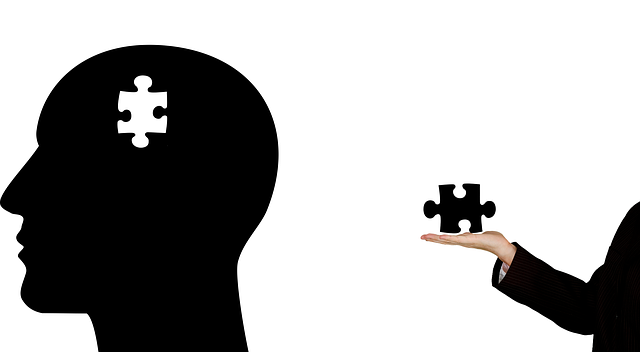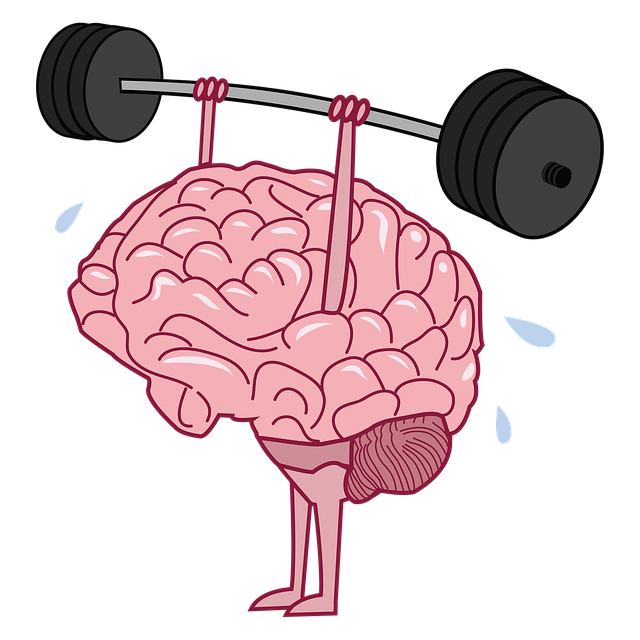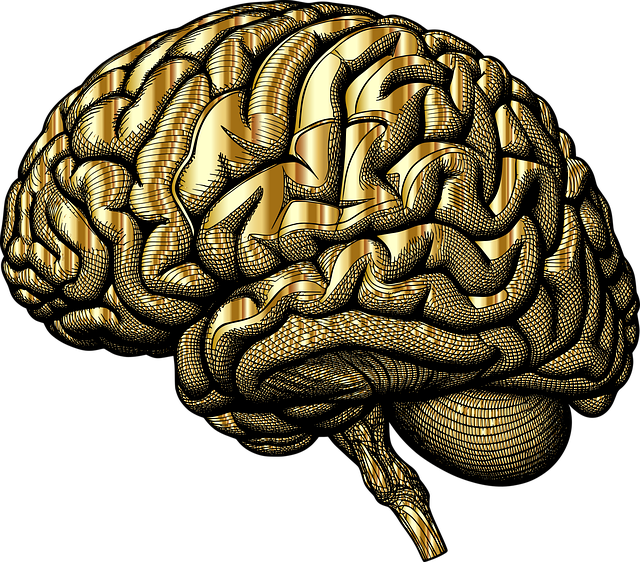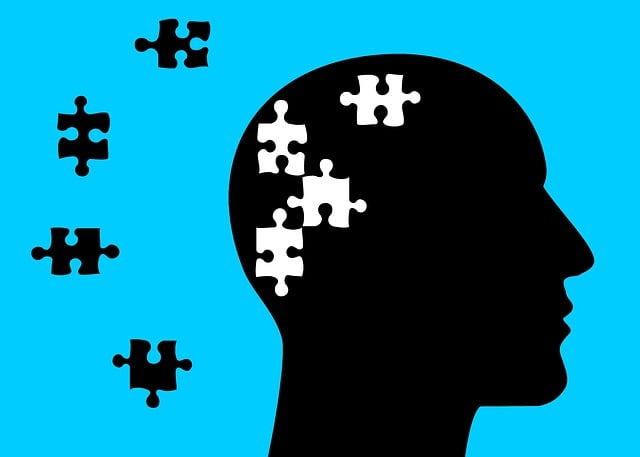Broomfield Play Therapy offers a unique and effective approach to mood regulation for children and adolescents through play. By creating safe spaces with sensory tools, structured routines, and mindfulness practices, it fosters emotional intelligence and self-care. Cognitive techniques like restructuring and reframing challenge negative thought patterns, reducing anxiety and depression. Cultural sensitivity ensures personalized interventions. Incorporating movement practices and journaling enhances holistic well-being, supporting anxiety relief and mood stabilization through Broomfield Play Therapy.
Mood regulation strategies are essential tools for managing emotional well-being, especially for children and individuals facing mental health challenges. This article explores various techniques to help individuals of all ages navigate and control their moods effectively. From play therapy in Broomfield to practical environmental adjustments, cognitive restructuring, and mindfulness practices, each section provides insights into fostering resilience and emotional balance. Discover how these strategies can revolutionize mood management and enhance overall mental health.
- Understanding Mood Regulation: The Role of Play Therapy
- Creating a Calming Environment: Strategies for Home and School
- Cognitive Techniques: Helping Individuals Reconstruct Emotional Responses
- Mindfulness and Movement: Incorporating Body-Mind Practices in Mood Management
Understanding Mood Regulation: The Role of Play Therapy

Understanding Mood Regulation: The Role of Play Therapy
Mood regulation is a crucial aspect of mental well-being, enabling individuals to navigate life’s challenges and maintain emotional balance. Broomfield Play Therapy offers a unique approach to addressing mood issues, particularly for children and adolescents. Through play, individuals can express themselves freely without the constraints of language, making it an effective tool for emotional release and healing. This therapy provides a safe space where self-care practices, such as mindfulness and compassion cultivation, can be naturally incorporated into the play experience.
Broomfield Play Therapy goes beyond traditional talk therapy by engaging clients in imaginative play scenarios tailored to their specific needs. By encouraging creative expression, it fosters emotional intelligence and coping strategies that extend into daily life. Moreover, this therapeutic method has proven beneficial for those involved in community outreach program implementations, as it can help individuals process trauma, reduce stress, and improve overall mood regulation skills, ultimately enhancing the effectiveness of community support initiatives.
Creating a Calming Environment: Strategies for Home and School

Creating a calming environment is a powerful tool for mood regulation, especially in settings like homes and schools where individuals spend significant time. In Broomfield Play Therapy, therapists often emphasize the importance of sensory spaces to support emotional well-being. This can involve incorporating natural elements such as plants and soft lighting, which have been shown to reduce stress and create a soothing atmosphere. For parents and educators, implementing simple changes like these can make a big difference.
Additionally, establishing structured routines and designated quiet areas can help regulate moods. In schools, for instance, having dedicated spaces for mindfulness exercises or calm-down corners encourages students to practice emotional regulation skills. These strategies are not only beneficial for individuals dealing with mental health concerns but also serve as effective stress reduction methods for everyone, promoting a more positive learning and living environment according to the Risk Assessment for Mental Health Professionals.
Cognitive Techniques: Helping Individuals Reconstruct Emotional Responses

Cognitive techniques play a pivotal role in mood regulation strategies, particularly through Broomfield Play Therapy. This approach empowers individuals to understand and challenge their emotional responses, offering a powerful tool for managing mood disorders. By helping clients identify and change negative thought patterns, therapists enable them to reconstruct their emotional reactions, ultimately leading to improved mental well-being.
Through various techniques, such as cognitive restructuring and reframing, individuals learn to recognize unhelpful thoughts and replace them with more adaptive ones. This process fosters better emotional regulation, reducing symptoms of anxiety and depression. Furthermore, cultural sensitivity in mental healthcare practice is integral to this method, ensuring that therapeutic interventions are tailored to each individual’s unique background and experiences, enhancing the effectiveness of conflict resolution techniques and promoting overall well-being.
Mindfulness and Movement: Incorporating Body-Mind Practices in Mood Management

Incorporating mindfulness and movement practices into daily routines can be a powerful tool for mood regulation, offering a holistic approach to Broomfield Play Therapy. These body-mind practices, such as yoga or tai chi, encourage individuals to connect with their physical sensations and cultivate present-moment awareness. By focusing on the breath and engaging in gentle movement, one can reduce stress and anxiety, enhancing overall mental wellness.
Self-Care Practices like journaling can further support this process. Writing down thoughts and emotions allows for reflection and provides a sense of guidance. This Mental Wellness Journaling Exercise not only helps individuals process their feelings but also promotes a deeper understanding of triggers and coping mechanisms. As a result, it becomes easier to navigate mood fluctuations and find balance, ultimately contributing to improved anxiety relief.
Mood regulation is a multifaceted skill, and these strategies offer valuable tools for individuals seeking emotional well-being. From play therapy in Broomfield to cognitive reframing and mindfulness practices, each approach provides unique insights into managing and understanding moods. By creating calming environments, both at home and in educational settings, and employing body-mind practices, people can navigate their emotional landscapes more effectively. These techniques empower individuals to reconstruct their emotional responses, fostering resilience and a sense of control over their mental health.











